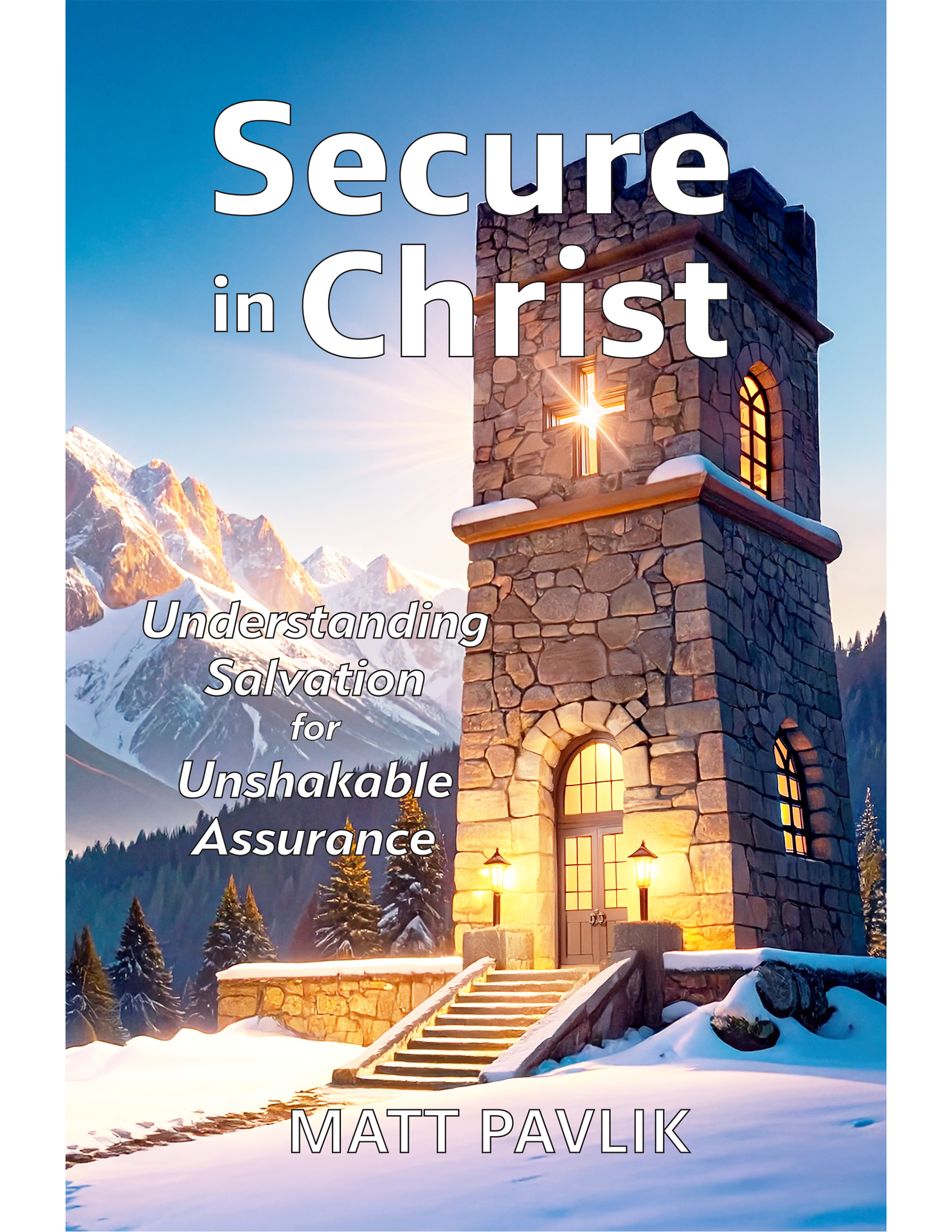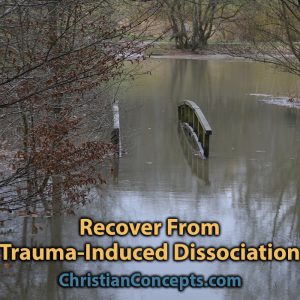Trauma can result from an experience that is too powerful to handle within too little time. Dissociation might be the only way to cope when a bomb goes off in your life. To create a different outcome, you can decrease the intensity by decreasing the power or increasing the time you have to endure it.
You can reinterpret the meaning of the trauma (to lower its power) or you can manage its effects over time. This is essentially what happens in therapy to recover from traumatic events.
Why Do People Resort to Dissociation?
What can you do if it rains 10 inches in your backyard overnight? How do you drain a lake? One bucket at a time. But what do you do with the water until you have the resources to deal with the problem?
Each of us has a limited ability to manage an overwhelming event. Let’s say that your capacity is like a 32oz cup. That might seem like a big cup. It can hold enough for you to survive one day.
A manageable event might fill your cup. Someone might pour you a glass of water. You tell them when to stop filling your cup and they listen. Perfect.
A traumatic event could be like someone dumping an Olympic swimming pool of water into your cup or, even a gallon every day for years. Where does it all go? It’s going to flood you with so much water that you won’t be able to cope. Or, the only way to cope will be to store the water until you can drink it.
Most of us don’t have the space for that much water. But our brains have the capacity to alter reality (hopefully temporarily) to pretend (deny that) the water (the trauma) isn’t there. Most of the time this ability, dissociation, is an involuntary response much like closing your eyes when an object moves toward you too quickly. This ability does have its limits. Stretch it too far and it can lead to more serious complications–it becomes increasingly difficult, though never impossible, to return to normal.
The more dissociated you are, the weaker your connections are to your memories and feelings. To be dissociated is to be numb or oblivious. As you probably realize, being numb can be beneficial if the pain has no purpose. For example, it’s easier to have a cavity removed without feeling the drilling. But what would happen if you didn’t know you had a cavity in the first place because you couldn’t feel the discomfort? In this case, being numb would be a liability.
How to Recover from Dissociation
Just as novocaine is meant to temporarily numb, dissociation is also only meant to be a temporary fix. After you’ve experienced a trauma, you should begin the work to deal with it as soon as possible.
To address dissociation, you reconnect what became disconnected. For example, if you are vacuuming and move too far away from the electrical outlet, the plug will disconnect and the vacuum will lose power. That could be desirable if lightning strikes your electrical system, creating a surge. To restore power, you must reconnect the vacuum to the outlet. To use the vacuum at a greater distance, you must add an extension cord to bridge the gap.
Likewise, to recover from dissociation, you create a bridge between present-day awareness and past events you have forgotten. If you only focus on today, you won’t be able to reclaim your lost memories and therefore, you won’t be able to heal. Yet, if you become too focused on the traumatic memories, you can become isolated from the truth you’ve come to know today. Both options are ineffective.
Instead, to optimize the healing process, attempt to form a bridge by keeping one foot in the present and one foot in the past. You can be aware of who you are today and at the same time, focus on remembering, feeling, and reinterpreting what you’ve been through.
This bridge allows God’s comfort to flow from this moment back into your painful experience. In this way, you can recover from day-old trauma or even decade-old trauma.
Blessed be the God and Father of our Lord Jesus Christ, the Father of mercies and God of all comfort, who comforts us in all our affliction, so that we may be able to comfort those who are in any affliction, with the comfort with which we ourselves are comforted by God. For as we share abundantly in Christ’s sufferings, so through Christ we share abundantly in comfort too.
2 Corinthians 1:3-5 ESV
Are you becoming aware of any lakes in your backyard or power surges you’ve been through? You will feel better as you clean up the mess and restore power to your life. Seek a professional counselor to guide you through the recovery process.
Read more about healing brokenness.
Image by Olle August from Pixabay
Matt Pavlik is a professional counselor, author, and devoted follower of Christ. With decades of experience in Christian counseling, he writes with theological depth and everyday clarity. His resources—centered on salvation, identity, marriage, and emotional healing—are anchored in Scripture and guide believers to discover the freedom of their identity in Christ and the security of their salvation in Him. He and his wife Georgette, married since 1999, live in Centerville, Ohio, and have four adult children.




Leave a Reply